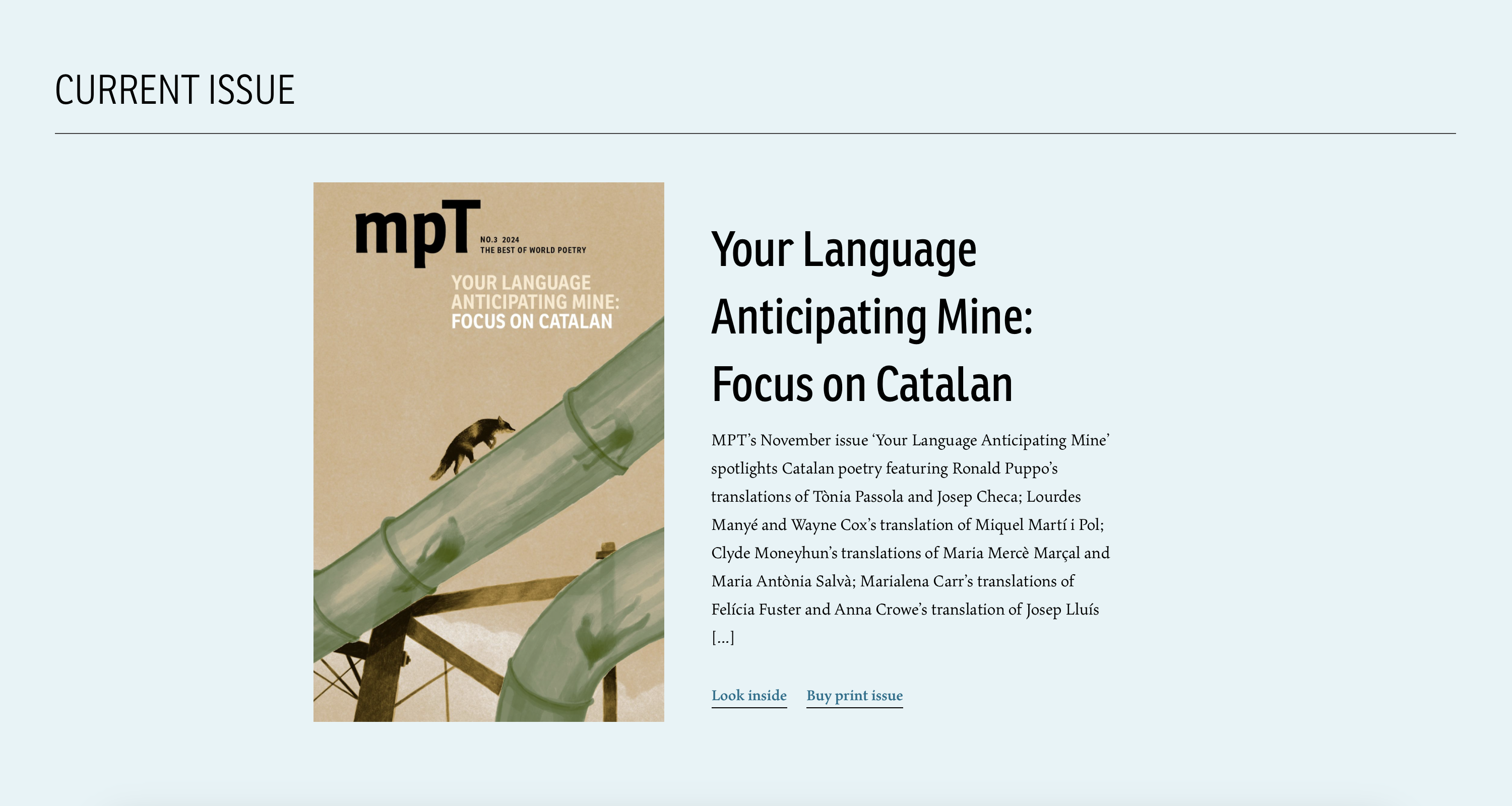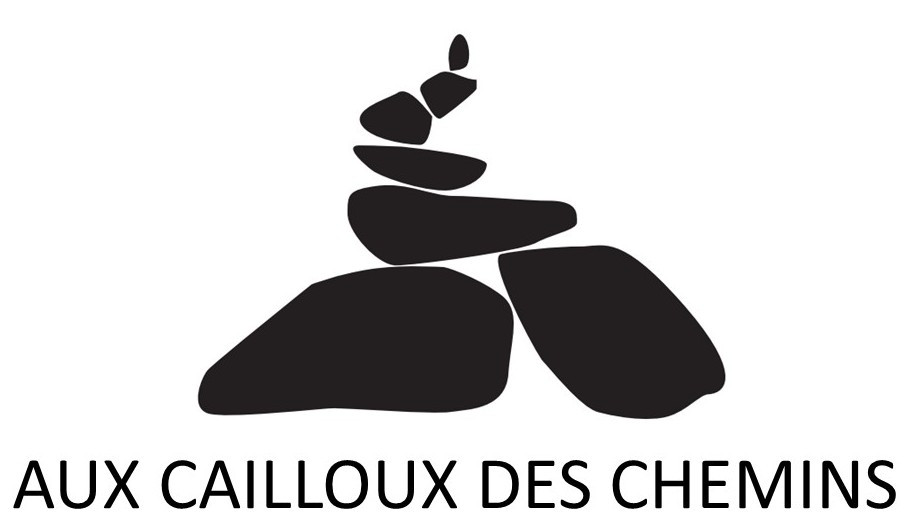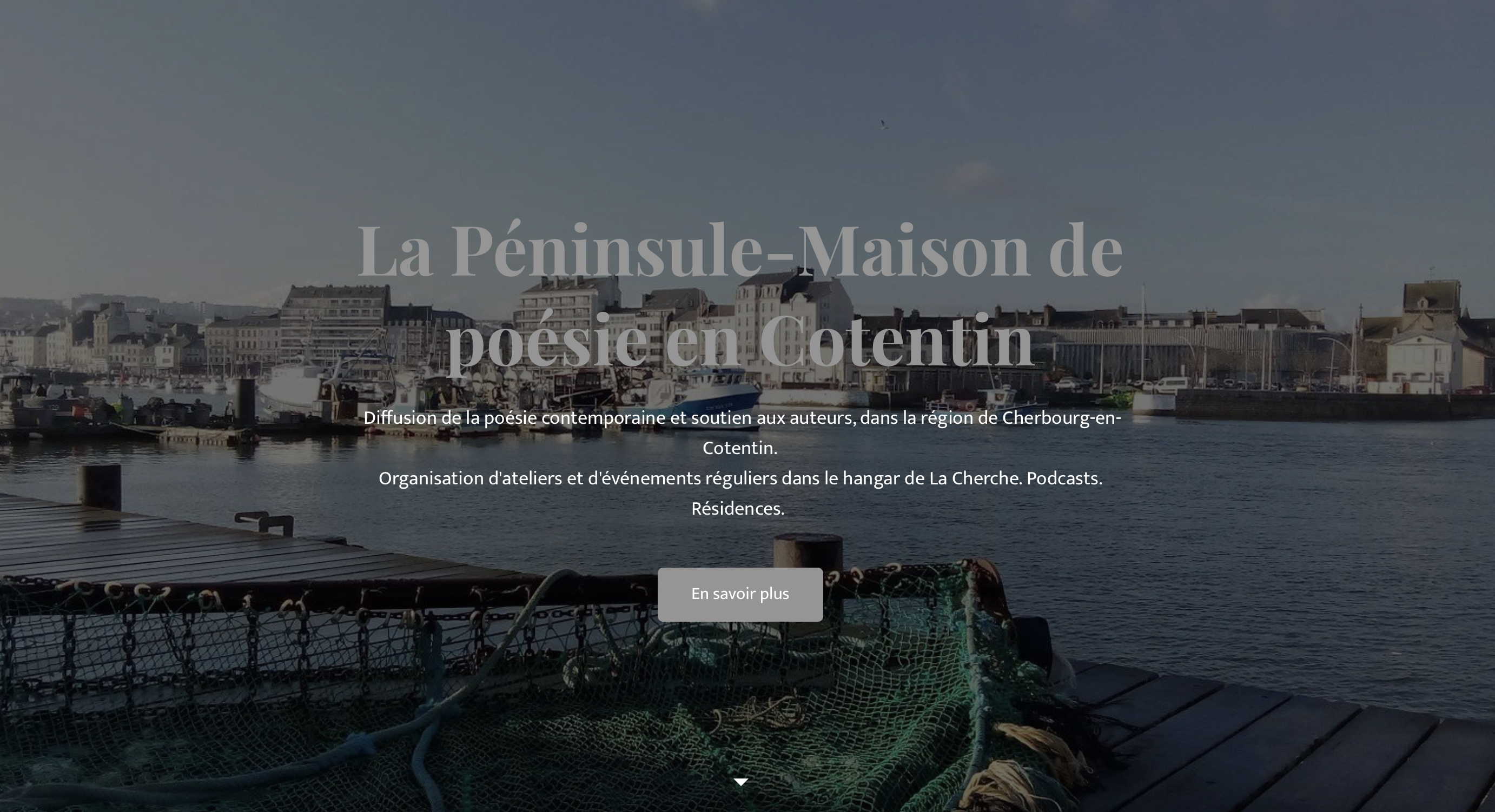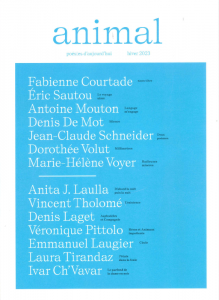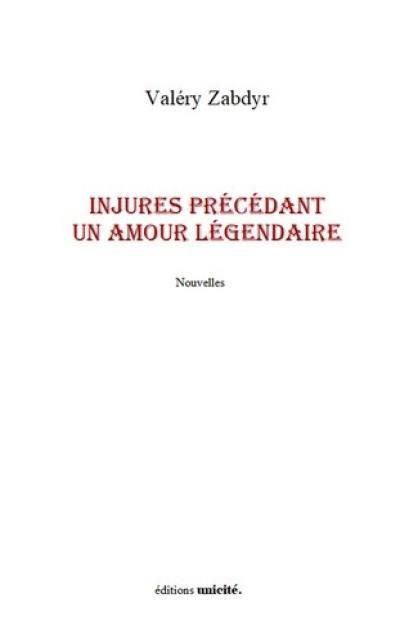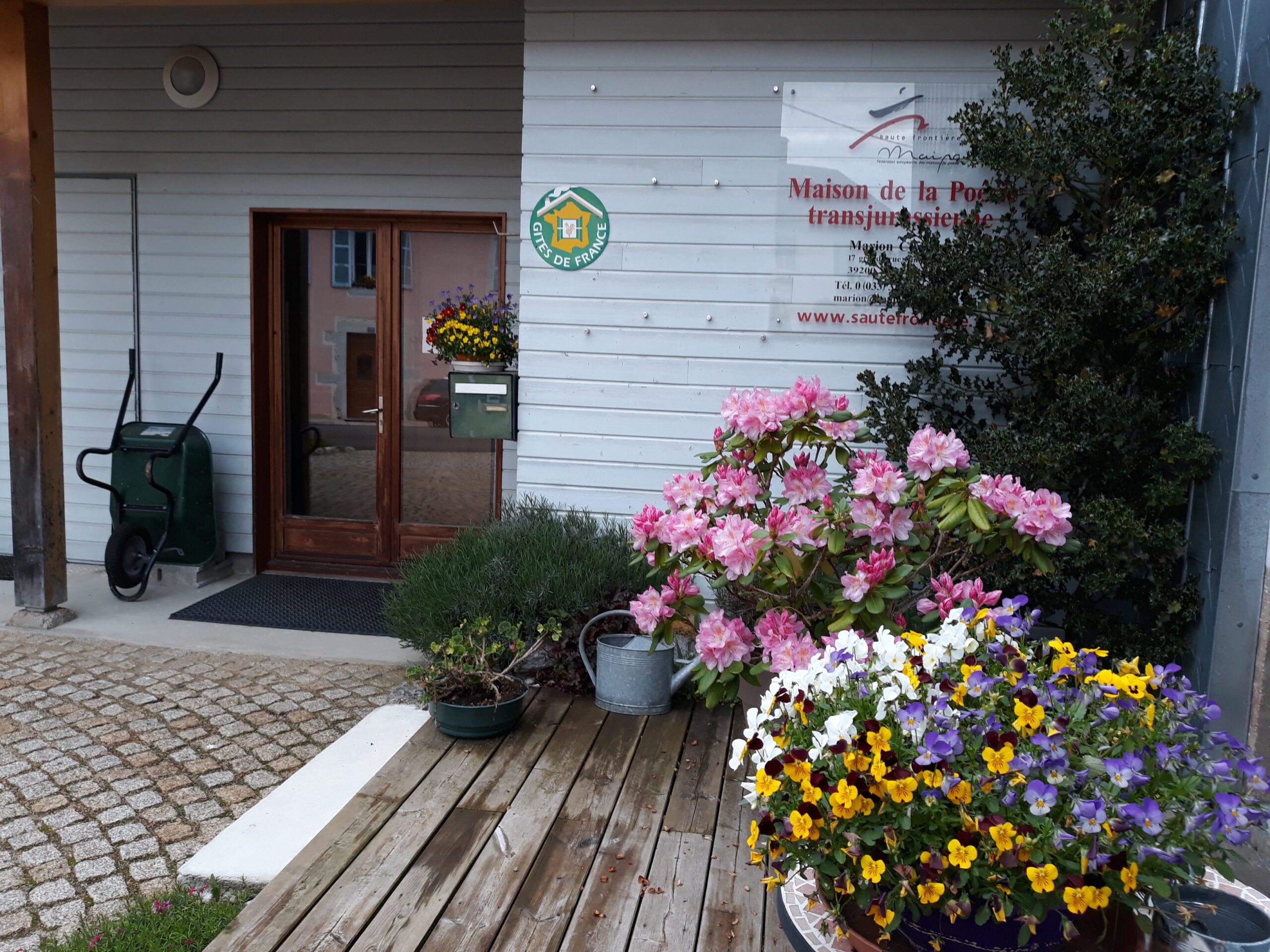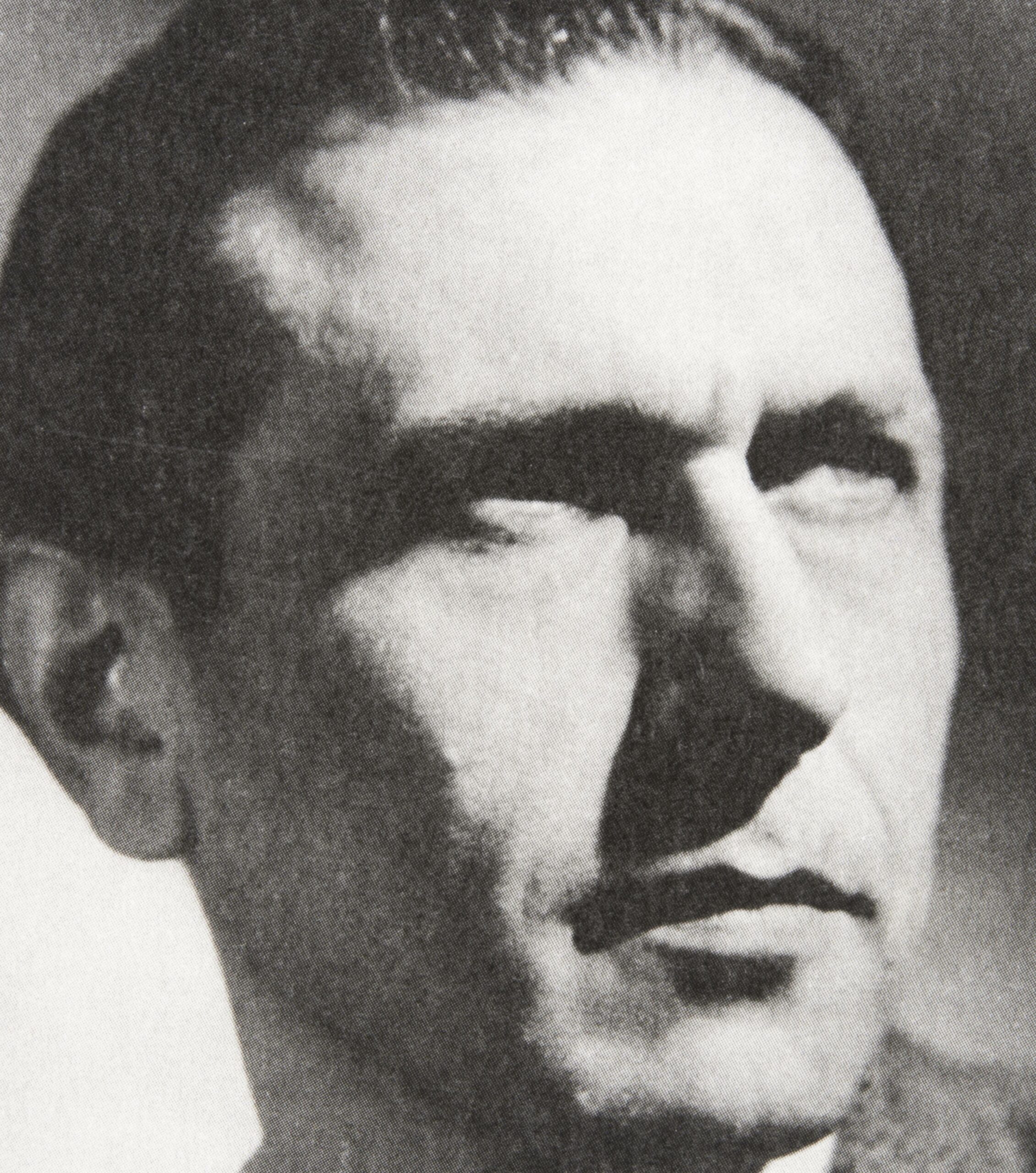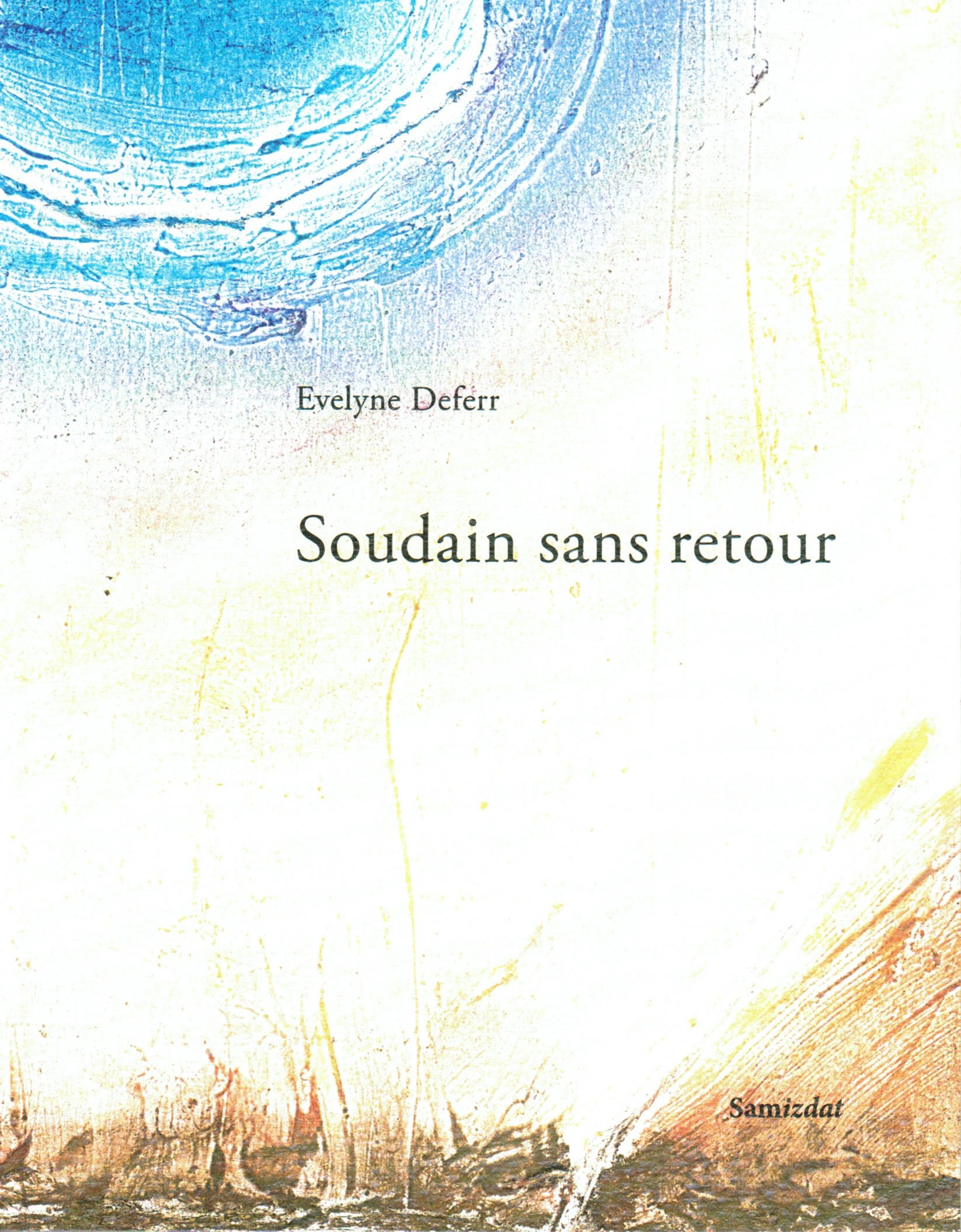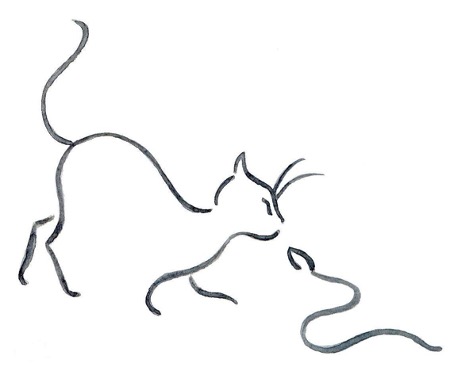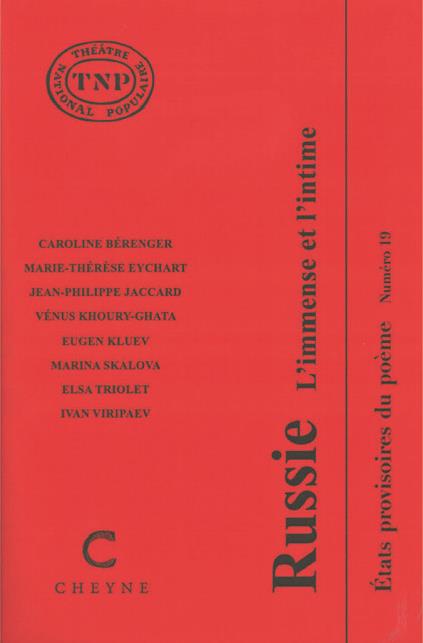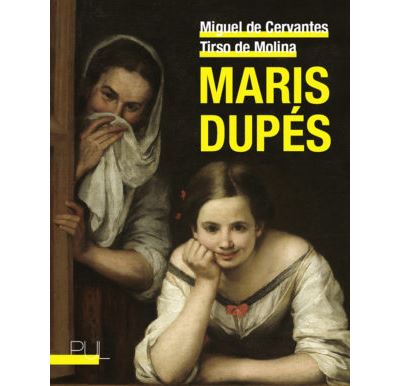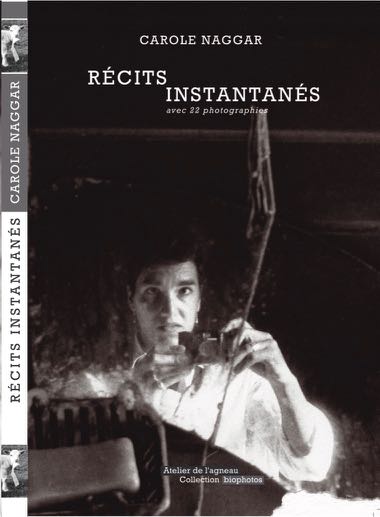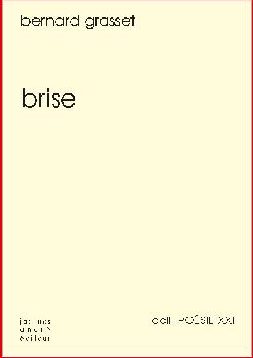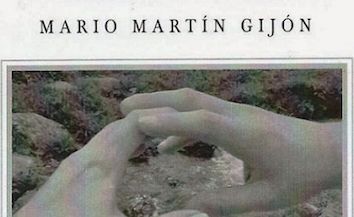London
‘Caewch y drws!’
‘Mae hi’n bwrw glaw.’
‘Bara caws a cwrw.’
I thought that these were things that English people said :
didn’t understand why they laughed in school,
nor when I said ‘thruppence’.
The place that my mother called ‘down home’
only awoke paint-box images
of steep streets and hills at the end of a cloud :
slate-grey, misty green, and always wet.
Where did my father learn this foreign speech
that he sometimes spoke swiftly with his brothers ?
Not often: even the dog tipped its head
when he slipped his tongue so easily
around the strange consonants.
Later, I didn’t mind.
I was different, I was Welsh.
Llundain
‘Shut the door!’
‘It’s raining.’
‘Bread, cheese and beer.’
Dywediadau’r Saeson o’n i’n meddwl :
ddim yn deall pam o’n nhw’n chwerthin yn yr ysgol,
na phan dywedais i “thruppence”
Dihunodd y lle a galwodd gan Mam ‘lawr gartref’
dim ond lluniau bocs paent
o strydoedd serth a bryniau ar ben cwmwl :
llechi llwyd, niwl glas, wastad yn wlyb.
Ble ddysgodd fy nhad yr iaith estron hon
a siaradodd, weithiau, yn gyflym â’i frodyr ?
Ddim yn aml: tipiodd hyd yn oed y ci ei ben
pan lithrodd ei dafod mor rhwydd
o amgylch y cytseiniaid dieithr.
Wedyn, doedd dim ots ’da fi.
O’n i’n wahanol. Cymro o’n i.
[Translated by the Welsh by Joyce James]


